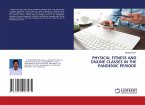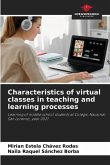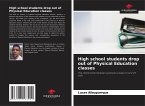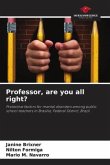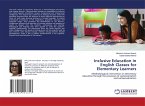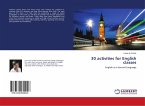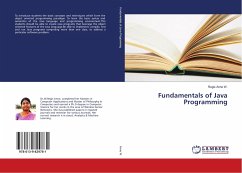Using production concepts it is intended to analyze in a descriptive way through a qualitative research an educational process organized on the basis of lean concepts that in the provision of services is called lean service, whose focus is the elimination of waste and the pursuit of perfection. Besides the concept, it is intended to use as methodology for the practical part of the research the peer instruction and the Just-in-time teaching, and other tools that will be described below. It is intended to make comparisons with the traditional teaching process that certainly is the one practiced in most educational institutions in Brazil and that much resembles the mass production systems that practice the "pushing" of information in the student even without the existence of demand. The objective is not to define whether one process is better or worse than the other, but to verify the possibility of improving the teaching process compared to the traditional method with the use of principles and tools of lean production.
Hinweis: Dieser Artikel kann nur an eine deutsche Lieferadresse ausgeliefert werden.
Hinweis: Dieser Artikel kann nur an eine deutsche Lieferadresse ausgeliefert werden.


